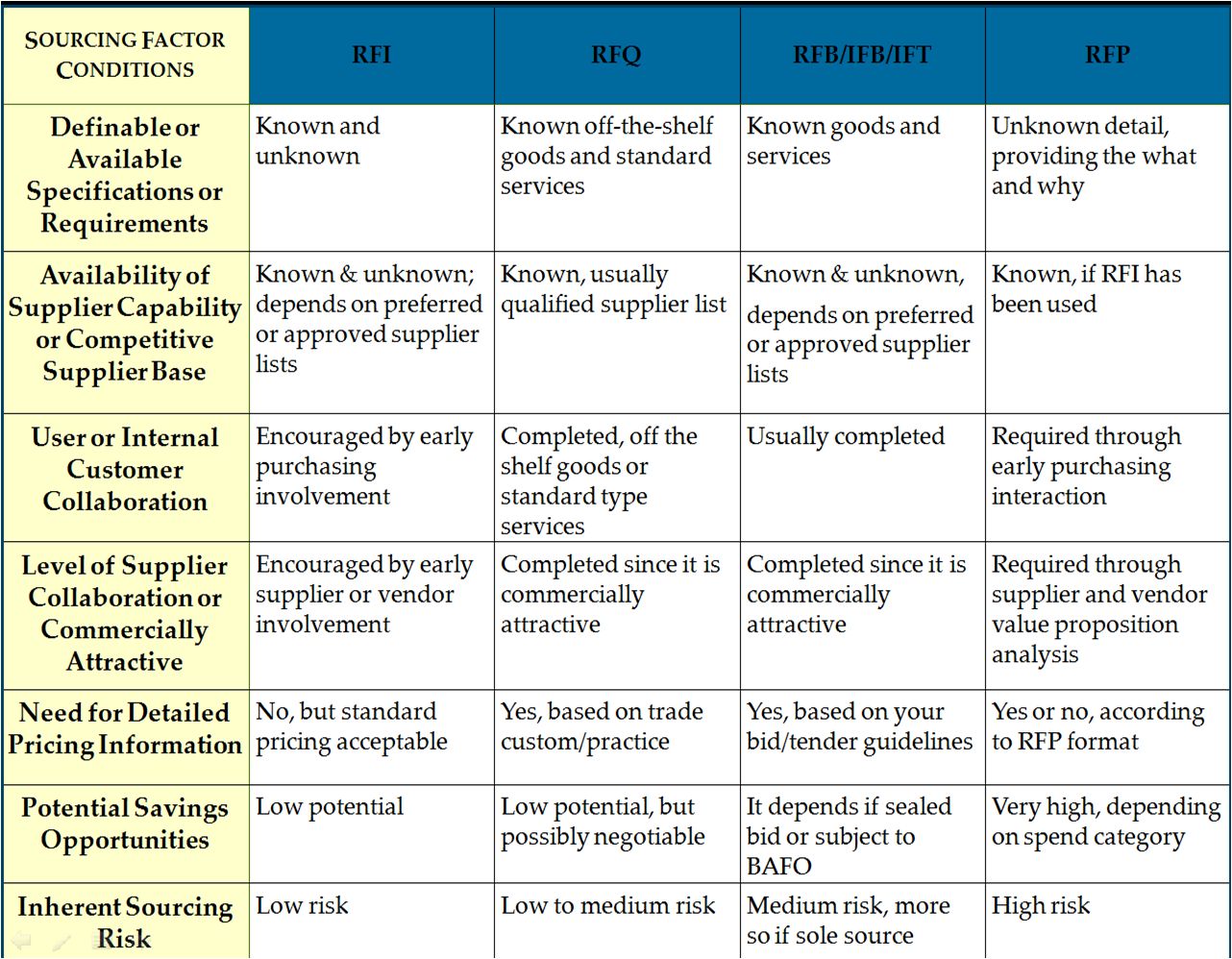
What Are the Differences Among RFI, RFP, RFQ & Which to Use When?
The main difference between a Request for Quotation (RFQ) and a Request for Proposal (RFP) lies in their purpose and the level of detail they require from vendors. An RFQ is used when a company.
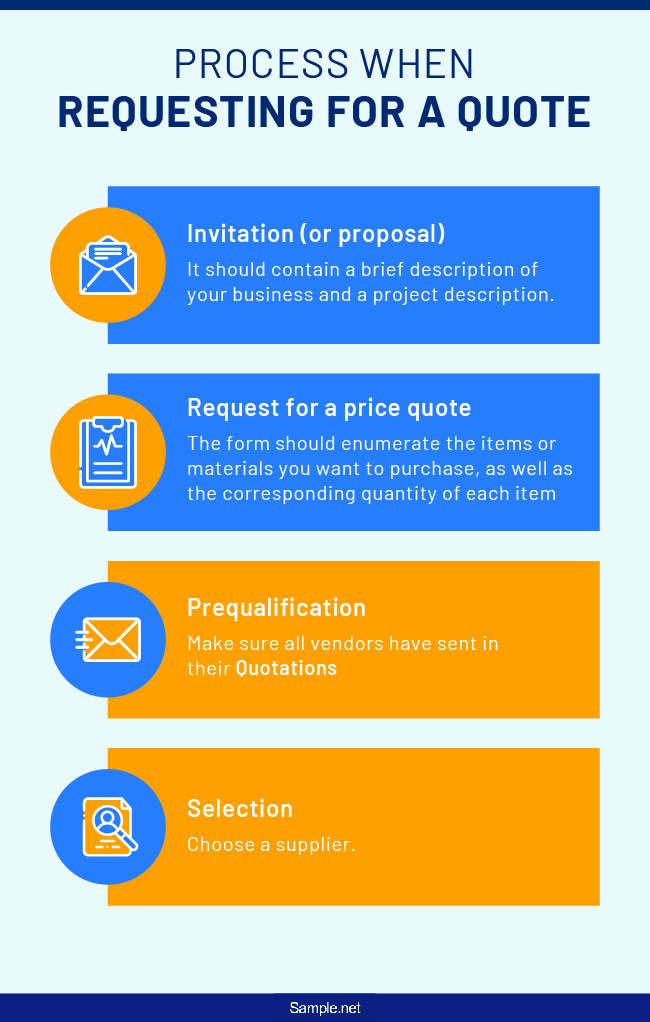
50+ SAMPLE Request for Quote Templates (& Forms) in PDF MS Word
Differences. Request for Proposal (RFP) Request for Quotation (RFQ) Request for Information (RFI) Purpose: RFP is used when the project requirements are complex or not fully defined. It solicits detailed proposals from vendors, including technical solutions, project approaches, pricing, and terms.

How To Write Quotation Letter For Tender Custom Essay Order how to write request for quote
In procurement, the acronym RFX means Request for X, where X is a variable that stands in for different types of vendor invitation processes. Among the most encountered bid types are Request for Proposal (RFP), Request for Quote (RFQ), Request for Tender (RFT), Request for Offer (RFO), Request for Information (RFI), and Request for Expression.
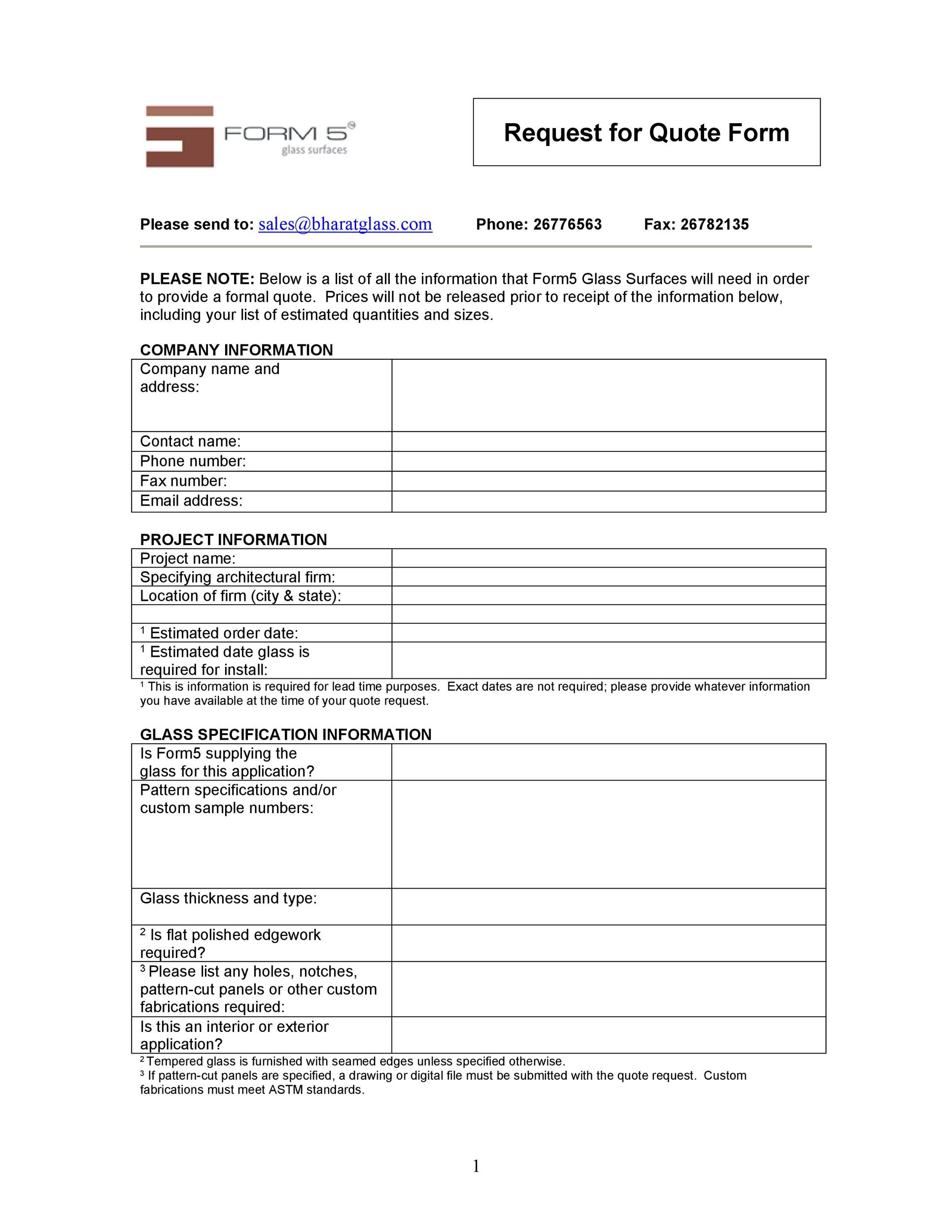
50 Simple Request For Quote Templates (& Forms) ᐅ TemplateLab
A request for quotation (RFQ) is a company's document to request pricing and packaging information from a potential supplier. Depending on the level of specificity in the RFQ, this may include everything from pricing and contact information to timeline and project expectations. An RFQ template makes it easy for you to standardize this request.

Request Quotation Letter From Supplier Sample Letter Requesting Quotation from Supplier YouTube
A request for proposal is a common method of procurement and is more formal than an RFQ. The flexibility you provide to vendors should always be limited to the solution they present (not the format of their proposals). An RFP should be used when: You need vendors to provide a creative solution.
:max_bytes(150000):strip_icc()/request-for-quote.asp-final-e4be46714ec449e38e3f2cc0e328841d.png)
Request for Quote Definition and How Businesses Use RFQs
RFQ vs. RFP vs. RFI. While RFIs, RFQs, and RFPs are all requests, they are used in different situations and different phases of construction. Request for qualifications (RFQ) Request for proposal (RFP) Request for information (RFI) Purpose. Gather details about a contractor's qualifications to work on a specific project.
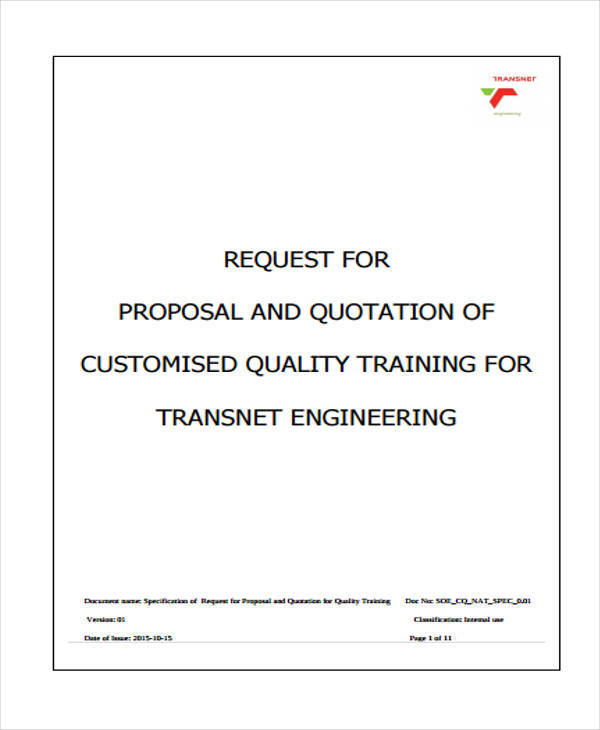
FREE 10+ Sample Proposal Quotation Templates in PDF MS Word Google Docs Pages
There is a difference between RFQ and RFP in the context of when it's used. An RFP may be referenced when: The scope is complex. An RFP is notably more nuanced than an RFQ, outlining all of the terms of a specific service package. You can use this for more complex decision-making processes. You're undergoing a service bidding process.

Request For Proposal vs Request For Quote, Difference Between RFP & RFQ Pandadoc
What's the difference between an RFQ and an RFP? A Request for Quotation (RFQ) and a Request for Proposal (RFP) might sound similar, but they're used for different purposes. Think of it like this: when a business needs to know the price of something specific, it sends out an RFQ. It's all about getting those numbers.
What Are Quotes or Quotation In Business?
Request For Quote - RFQ: A request for quote (RFQ) is a type of procurement solicitation in which a company asks outside vendors to offer a quote for the completion of a specific task or project.
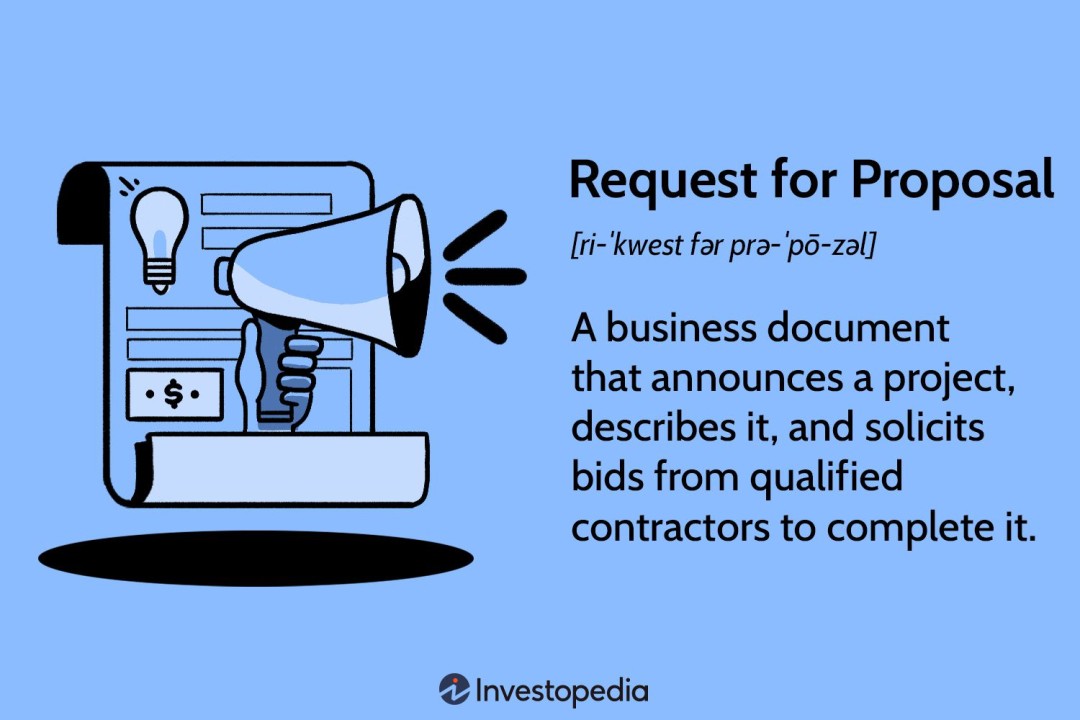
RFP What a Request for Proposal Is, Requirements, and a Sample
An RFP, or request for proposal, is a document used by a business to ask another company for more details about a product or service. The main difference between RFP and RFQ is that an RFQ is sent when a business already knows what they want to purchase and only needs more information about the price, and an RFP is sent when a business needs.

FREE 12+ Quotation Proposal Samples in MS Word PDF Google Docs Pages
RFQ vs. RFP. While an RFQ is a request for quote, an RFP is a request for proposal. The main difference is the purpose. An RFQ is sent when you know exactly what product/service you want, and you really only need to know the price. An RFP is sent when it's more complicated and you want to evaluate many factors besides price before making a.

50 Simple Request For Quote Templates (& Forms) ᐅ TemplateLab
Buying enterprise software is an expensive and risky endeavor, which is why software buying teams need to understand the subtle differences between a request for information, a request for proposal and a request for quote. Each document -- a request for information (RFI), a request for proposal (RFP) and a request for quote (RFQ) -- has a.
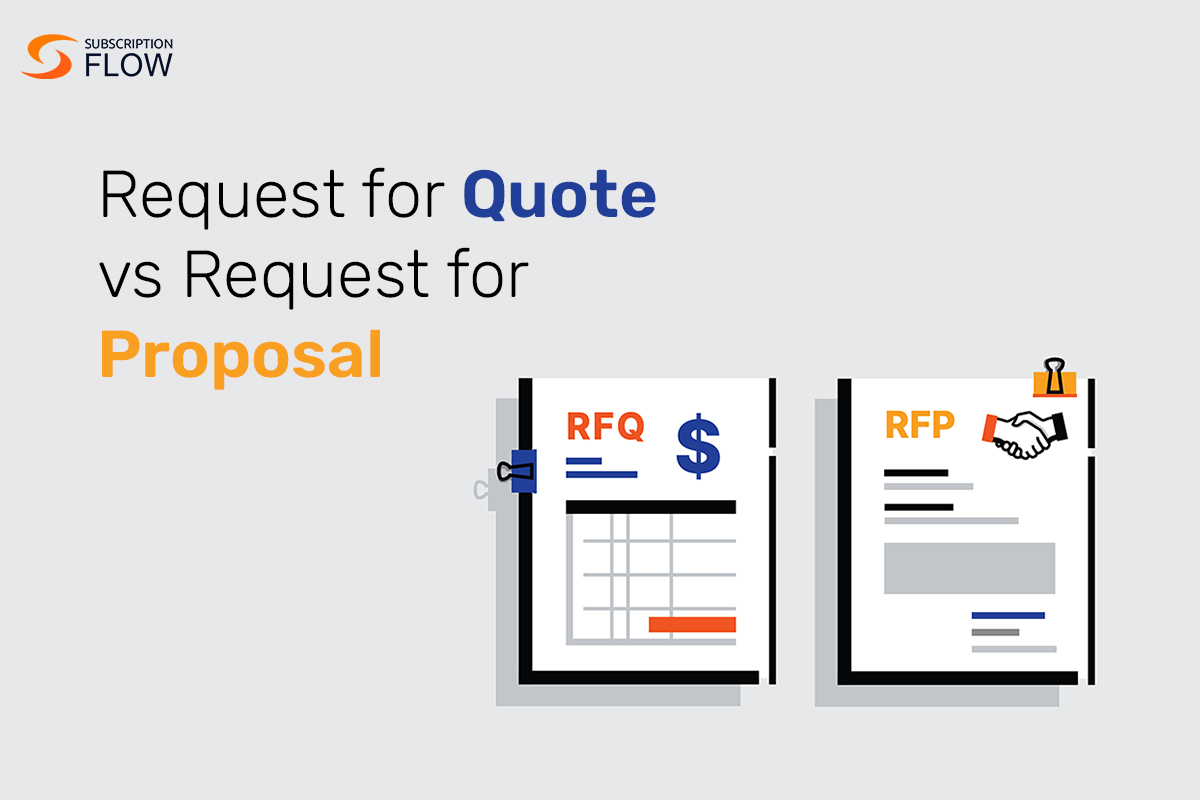
Decoding Request for Quote vs Request for Proposal
One key difference between a request for proposal and the RFQ is that the information contained in the RFP is more detailed and informed because it covers aspects that transcend cost. The RFQ concentrates mainly on the pricing and cost issues, but the RFP provides detailed information about services. Note that the RFP is a request for services.
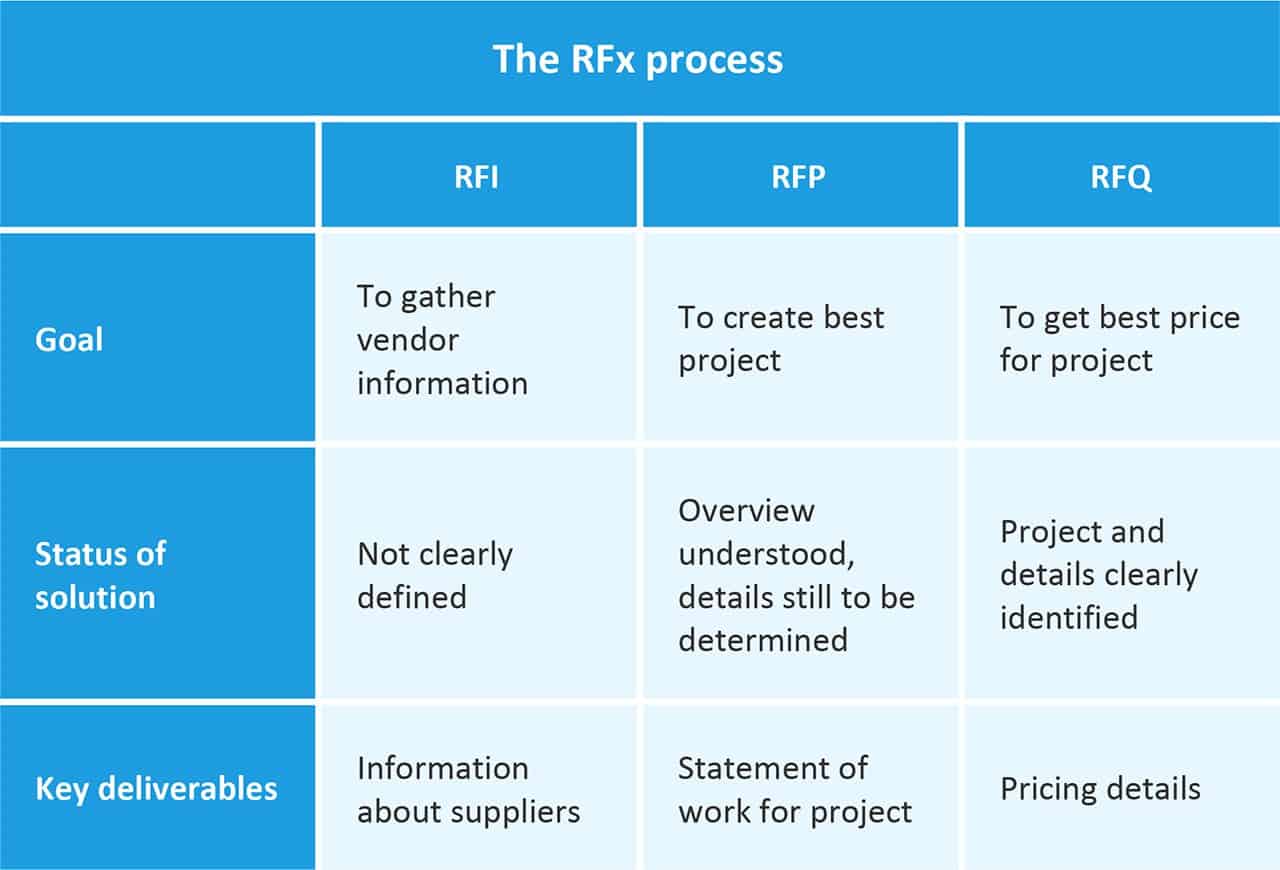
Make the Most of the RFQ Process Smartsheet
What is the difference between an RFQ and an RFP? RFQ and RFP may sound similar, but they serve distinct purposes in the procurement process. Let's start by understanding their differences. An RFQ, or Request for Quotation, is typically used when a buyer knows exactly what they need and wants to gather pricing information from potential.
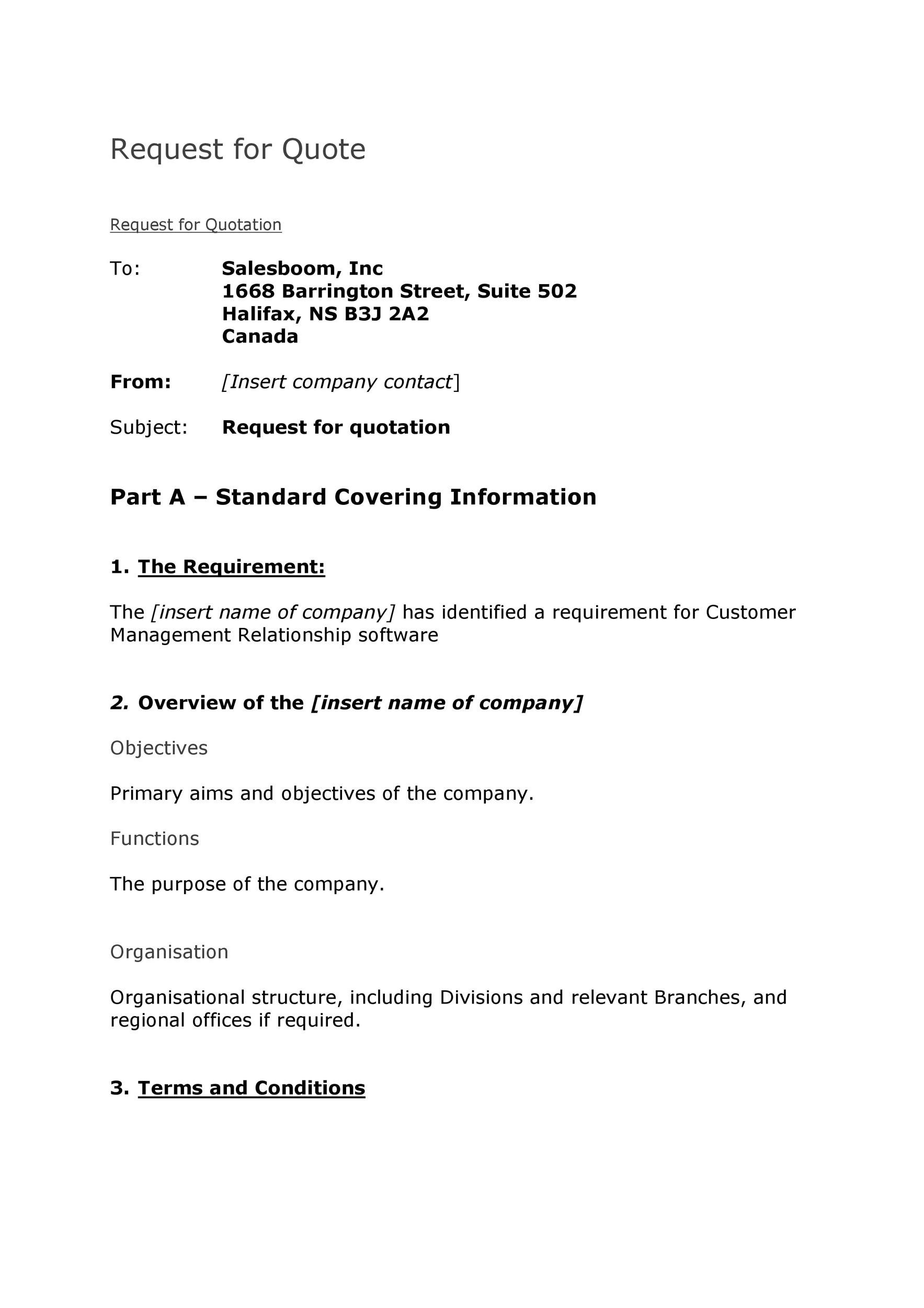
50 Simple Request For Quote Templates (& Forms) ᐅ TemplateLab
An RFQ (Request for Quote) is for getting detailed quotes for the same job from multiple vendors. Vendors are competing on price and time to completion. An RFP (Request for Proposals) is for getting more comprehensive project plans from multiple vendors, including a breakdown of project steps, deliverables, methods, etc. Vendors are competing.
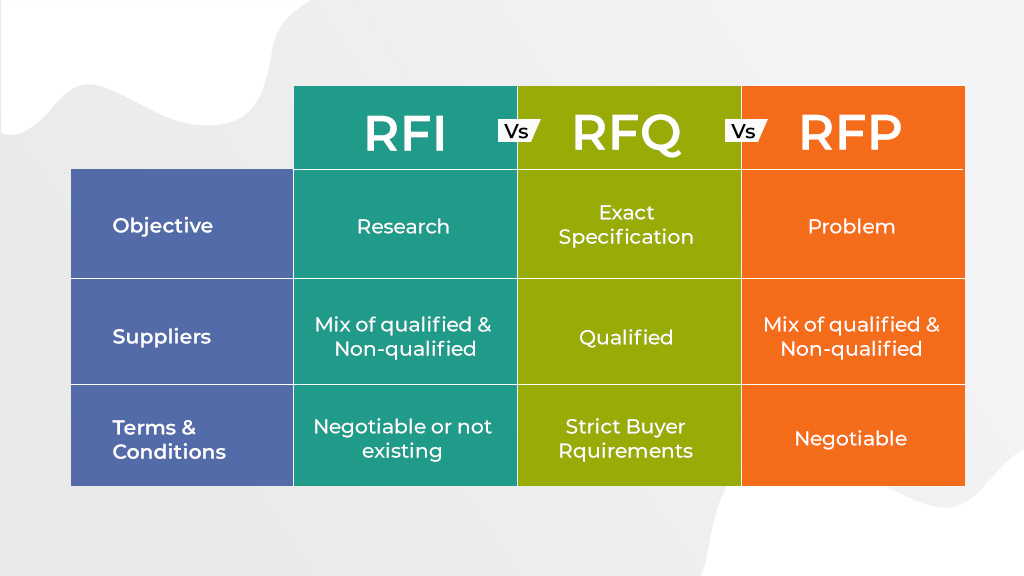
RFI vs RFP vs RFQ
Alternate Definition. A solicitation is any request to submit offers or quotations to the Government. Solicitations under sealed bid procedures are called "invitation for bids." Solicitations under negotiated procedures are called "requests for proposal." Solicitations under simplified acquisition procedures may require submission of either a.
- What Is The Law On Separation
- Latest Greatest Inspiration Teddy Pendergrass
- Plc Armidale Term Dates 2023
- London The Sse Arena Wembley
- Planescape Adventures In The Multiverse
- Pitt Town Road Accident Today
- This Year S Love By David Gray Lyrics
- Removing A Vehicle From Uber
- A J Moir Stakes News
- Bill Sewart Athletics Track Photos